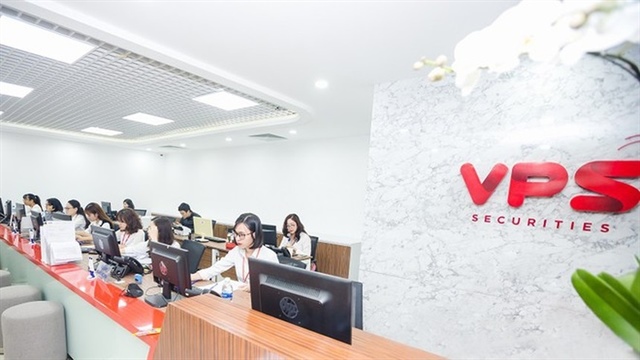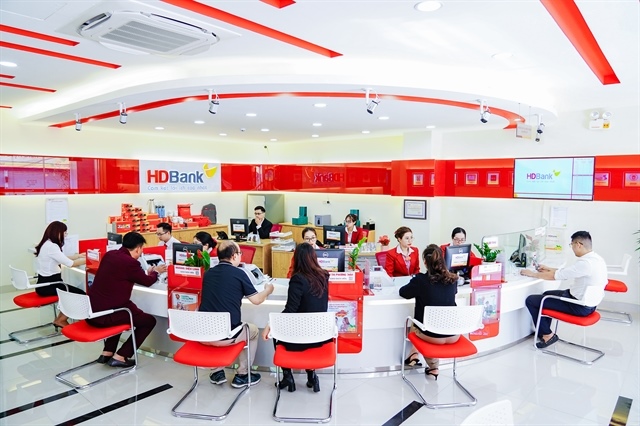PetroVietnam divests on schedule
PetroVietnam divests on schedule
PetroVietnam, the state arm for oil and gas development, has been consistent in its portfolio restructuring strategy to withdraw from non-core business fields.

According to chairman of the PetroVietnam’s board of members Phung Dinh Thuc, the group will completely withdraw its investment from Ocean Bank by 2015.
Works are also actively being done to merge the current PetroVietnam Finance Corporation (PVFC) and Western Bank. Thuc said the new bank would be consolidated after the merger and that PetroVietnam would also wind down its investment down to less than 20 per cent in the new bank by 2015, according to the restructuring strategy.
Thuc stressed that according to the strategy of PetroVietnam to abandon non-core fields, withdrawal from banks and financial institutions was an important issue.
“We have been strictly following the government’s requirements to focus on our core fields an concentrate on our strengths,” Thuc said.
Speaking about the merger of PVFC, a financial institution in which PetroVietnam holds a 78 per cent stake, Thuc said that after being approved by the State Bank, the two sides had set up a merger plan. The plan has been approved by the government in principle and final work is being done with the aim to hold a shareholders’ meeting at the end of July.
A source from PetroVietnam Finance said that following the merger, the bank would be renamed PVCombank and had total assets of more than VND100 trillion ($4.7 billion).
The merged bank is expected to have charter capital of VND9 trillion ($432.7 million) or 900 million shares at par value of VND10,000 per share. This will be the first ever merger between a finance company and a bank in Vietnam.
PVFC currently has VND6 trillion ($288 million) in charter capital of which half belongs to Western Bank. US-based Morgan Stanley is now PVFC’s foreign strategic shareholder, holding 10 per cent of its charter capital.
After the merger, PetroVietnam’s stake in PVFC will be reduced to 52 per cent, from a current 78 per cent.
While emphasising that the group’s withdrawal from the financial sector was making good progress, Thuc stressed that the divestments in other areas, particularly the real estate sector, were facing difficulties.
“While the real estate sector remains in turmoil, restructuring projects in this sector remain extremely complicated,’ Thuc said.
PetroVietnam is currently restructuring its PetroVietnam Construction Joint Stock Corporation (PVC), a subsidiary which invests in construction and real estate projects. PVC alone has 15 subsidiaries and 13 associated companies.
In 2012, PetroVietnam decided to abandon the Petro Tower project – projected to be the tallest building in the country with 79 storeys.
In line with the government’s restructuring of state companies following the Vinashin scandal, the group has returned to its five core business fields, including oil and gas exploration and exploitation, petrochemistry and oil filtration, the gas industry, electricity industry, and high quality oil and gas services.
vir



























